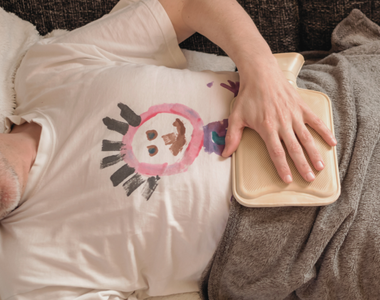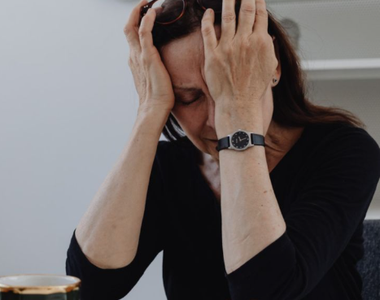
Not a few people are giving up their chance to be vaccinated, even though it may mean giving up the "chance of survival". The tendency is that these people often do not explicitly state why they do not want to be vaccinated and are more likely to have developed the problem in childhood / adolescence.
Reason? Specific fears and phobias.
With "specific phobia" - NIH (National Institutes of Health in the US) defines "an intense, irrational fear of something that poses little or no real danger."
Although adults may be aware that their fears are irrational, they will still do their best to avoid it. Fear of vaccines most likely consists of a phobia associated with needles and blood.
When do we know it is phobia?
Of course, we as humans tend to avoid what seems scary, uncomfortable, or painful to us. However, the defining attribute of a phobia is anxiety, interference, and harm in daily life. For example, if you have an underlying disease such as diabetes and refuse the vaccine for fear of not seeing blood or the pain of the injection, this may be a sign of a phobia.
Other scenarios that are avoided due to needle or blood phobia include:
- Vizitë në spitale
- Takimet e mjekut dhe dentistit
- Media që përfshin dhunë ose procedura mjekësore
- Karriera mjekësore si infermieria ose stomatologjia
- Marrje/dhurim gjaku
- Testet mjekësore
- Kirurgjitë
Në rrethana ekstreme, disa madje mund të shmangin martesën, fillimin e një pune të re dhe preferojnë t'i nënshtrohen procedurave mjekësore pa anestezi për të parandaluar marrjen e injeksioneve.
Çuditërisht, një meta-analizë e vitit 2019 zbuloi se shmangia e vaksinimit të gripit për shkak të frikës nga gjilpëra ndodhte në 16% të pacientëve të rritur, 27% të punonjësve të spitalit, 18% të punëtorëve në institucionet e kujdesit afatgjatë dhe 8% të punonjësve të kujdesit shëndetësor në spitale.
Si trajtohet?
The most important and recommended way is to treat specific phobias with the help of a mental health professional specializing in cognitive behavioral therapy, especially exposure therapy. Phobias persist for several years or even decades in 10-30% of cases. They are also more likely to co-occur with other disorders of anxiety, mood and substance use.
Burimi: Psychology Today





